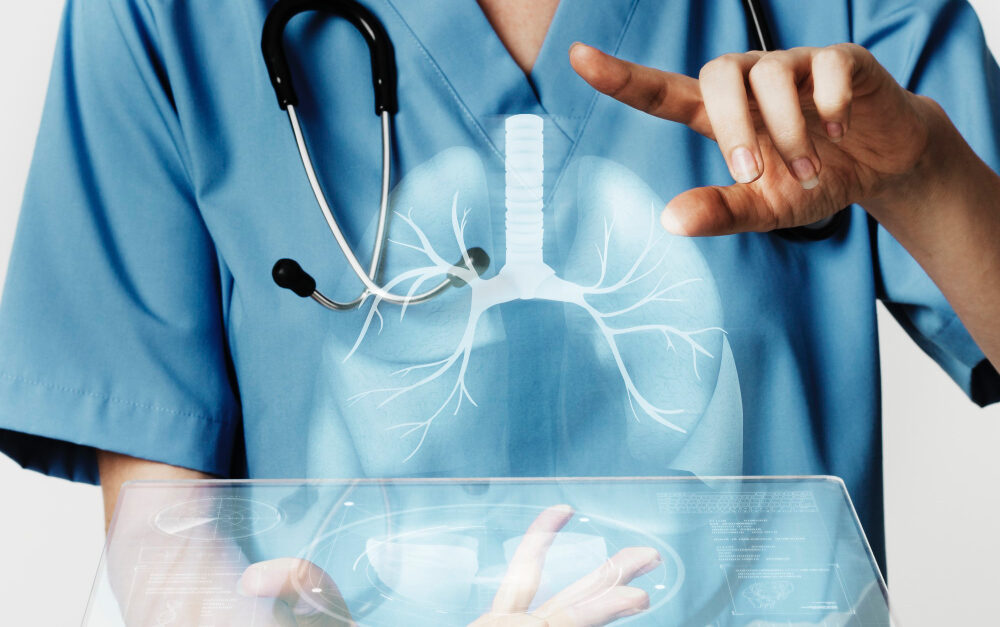Polycystic Kidney Disease (PKD) is a genetic disorder that predominantly affects the kidneys, leading to the development of numerous fluid-filled cysts. These cysts can significantly alter the normal structure and function of the kidneys, potentially resulting in kidney failure over time. By disrupting the kidney’s ability to filter waste from the blood, these cysts pose a serious threat to overall health. In this article, we’ll delve into the causes, symptoms, and treatments for PKD to help you better understand this condition and the ways to manage it effectively.
What is Polycystic Kidney Disease?
Polycystic Kidney Disease is a hereditary condition characterized by the growth of numerous cysts in the kidneys. These cysts, although non-cancerous, can grow large and cause significant health problems, including impairing kidney function. As the cysts expand, they can cause the kidneys to enlarge significantly, leading to complications such as high blood pressure, kidney pain, blood in the urine, and ultimately, kidney failure.
There are two main types of PKD that are differentiated by their genetic inheritance patterns:
- Autosomal Dominant Polycystic Kidney Disease (ADPKD): This is the most common form of PKD, accounting for about 90% of cases. It usually presents symptoms between the ages of 30 and 40. If one parent has the disease, there is a 50% chance that their child will inherit it, making early genetic counseling and testing crucial for families with a history of the condition.
- Autosomal Recessive Polycystic Kidney Disease (ARPKD): This form is less common and often diagnosed early in life, sometimes even before birth. For a child to develop ARPKD, both parents must carry the gene, which underscores the importance of genetic screening when there is a family history of the disease. ARPKD can also affect other organs, such as the liver, leading to a more complex management of the condition.
Causes of Polycystic Kidney Disease

PKD is primarily caused by genetic mutations that affect kidney development and function. In ADPKD, mutations occur in one of two genes: PKD1 or PKD2. These genes are responsible for producing proteins that help maintain the structural integrity of kidney cells. When these proteins are absent or faulty due to genetic mutations, cysts begin to form, disrupting normal kidney function.
In ARPKD, mutations occur in the PKHD1 gene. Similar to ADPKD, these mutations lead to the development of cysts in the kidneys. However, the genetic defect in ARPKD can also affect the liver and other organs, which complicates the disease’s progression and treatment. Understanding these genetic underpinnings is critical for developing targeted therapies and managing the disease effectively.
Genetic Kidney Disease
Genetic factors play a crucial role in the development of PKD. As an inherited disorder, having a family history of the disease significantly increases the risk of developing PKD. Genetic testing can be instrumental in determining whether a person carries the mutations associated with PKD, offering valuable information for family planning and early intervention. Moreover, genetic counseling can provide families with a better understanding of the risks and implications of PKD, helping them make informed decisions about their health.
Symptoms of Polycystic Kidney Disease
The symptoms of PKD can vary greatly from person to person and often depend on the type of PKD and the extent of cyst development. As the disease progresses, the symptoms can become more pronounced and impact the quality of life. Common symptoms include:
- High Blood Pressure: Often one of the first signs of PKD, high blood pressure can further damage the kidneys if not managed properly. Effective management is crucial to prevent additional complications and to slow down the progression of kidney damage.
- Back or Side Pain: This discomfort is caused by the enlarged kidneys pressing against other organs and tissues in the body. The pain can be persistent and may require medical intervention to manage effectively.
- Blood in the Urine: This can be indicative of cyst rupture or the presence of kidney stones, both of which require prompt medical attention to prevent further complications and potential infections.
- Frequent Urinary Tract Infections (UTIs): Particularly common in women with PKD, these infections can exacerbate kidney damage and need to be treated promptly with appropriate antibiotics.
- Kidney Stones: Individuals with PKD are at a higher risk of developing kidney stones, which can cause significant pain and further damage to the kidneys.
- Kidney Failure: Eventually, as the cysts grow and the kidneys’ ability to function diminishes, kidney failure can occur, necessitating dialysis or a kidney transplant to sustain life.
Diagnosing Polycystic Kidney Disease
Diagnosing PKD involves a comprehensive approach that includes reviewing family history, conducting a physical examination, and utilizing imaging tests. Ultrasounds, CT scans, and MRIs are commonly employed to identify the presence of kidney cysts and assess their size and impact on kidney function. Genetic testing may also be conducted to confirm the diagnosis, particularly in families with a history of the disease. Early diagnosis is crucial for managing symptoms and slowing disease progression.
Treatment Options for Polycystic Kidney Disease
While there is no cure for PKD, several treatments can help manage symptoms and slow the disease’s progression. Early intervention and a comprehensive treatment plan are essential for improving outcomes and maintaining quality of life.
Managing High Blood Pressure
Keeping blood pressure under control is crucial in preventing further kidney damage. Lifestyle changes, such as adopting a low-salt diet, engaging in regular exercise, and avoiding smoking, can be highly beneficial. Medications may also be prescribed to help control blood pressure, reducing the risk of additional kidney damage and complications.
Pain Management
Pain associated with PKD can be managed with over-the-counter pain relievers, but in severe cases, prescription medications may be necessary. It is essential to consult with a healthcare provider to develop appropriate pain management strategies that minimize discomfort without causing further kidney damage.
Treating Kidney Infections
Frequent UTIs and kidney infections require prompt treatment with antibiotics to prevent further complications, such as sepsis or increased kidney damage. Regular monitoring and preventive measures can help reduce the incidence of infections and improve overall kidney health.
Dialysis and Kidney Transplant
For individuals with severe kidney damage, dialysis or a kidney transplant may be necessary. Dialysis helps remove waste products from the blood when the kidneys can’t function effectively, while a kidney transplant offers a more permanent solution. However, the availability of donor organs can be limited, making it essential for patients to explore all available options and prepare for potential waiting periods.
Lifestyle and Dietary Modifications
Adopting a kidney-friendly lifestyle can help manage PKD symptoms and improve overall health. This includes staying hydrated, eating a balanced diet low in sodium, and maintaining a healthy weight. Regular check-ups with a healthcare provider are essential to monitor kidney function and adjust treatments as needed, ensuring optimal management of the disease.
Polycystic Kidney Disease Care – Our Services
The Role of Research in PKD

Ongoing research aims to find more effective treatments and, ultimately, a cure for PKD. Scientists are exploring new medications and therapies designed to slow cyst growth and preserve kidney function, offering hope for improved management of the disease. Participation in clinical trials can be an option for some patients, providing access to cutting-edge treatments and contributing to the advancement of medical knowledge in PKD.
Conclusion
Polycystic Kidney Disease is a complex condition with significant implications for kidney health. Understanding its causes, symptoms, and treatment options is crucial for managing the disease effectively. While there is no cure, advancements in research and treatment continue to improve the quality of life for those affected by PKD. If you suspect you have PKD or have a family history of the disease, consulting with a healthcare professional is essential to explore your options for diagnosis and management. Early intervention and a proactive approach to treatment can make a substantial difference in the progression and impact of PKD.

